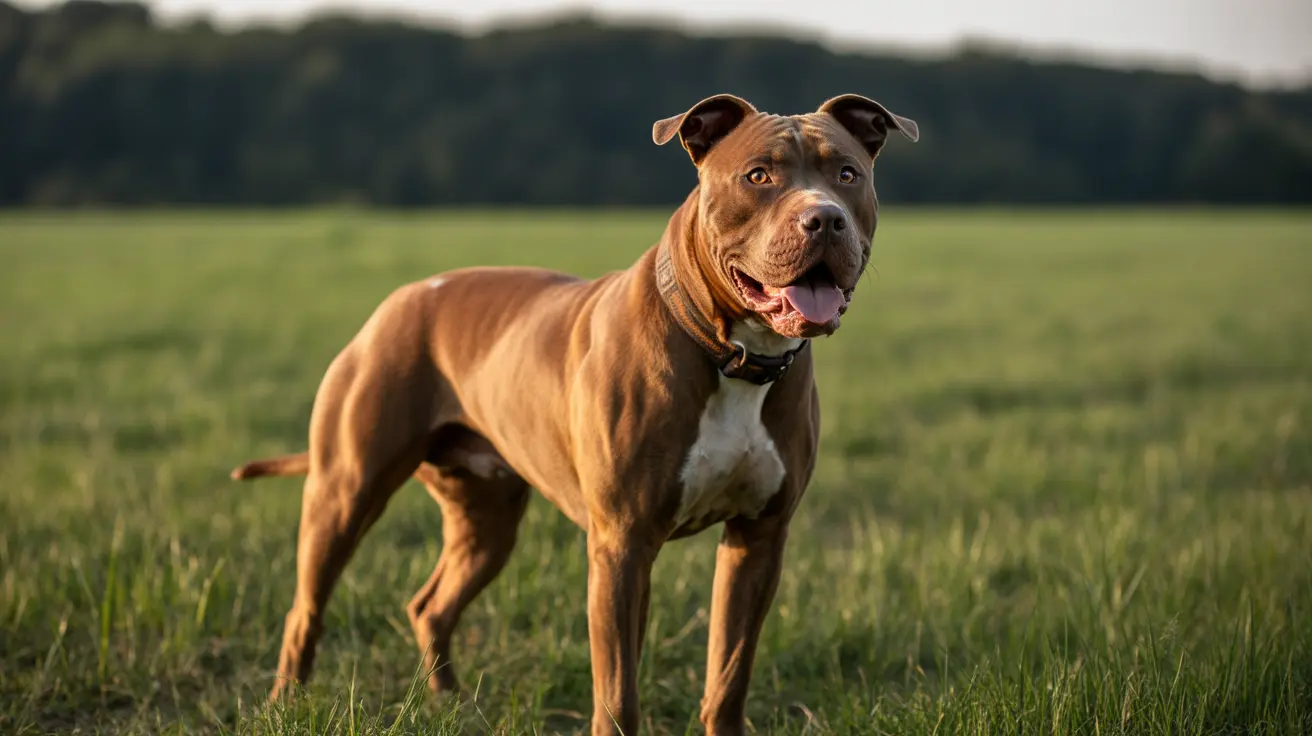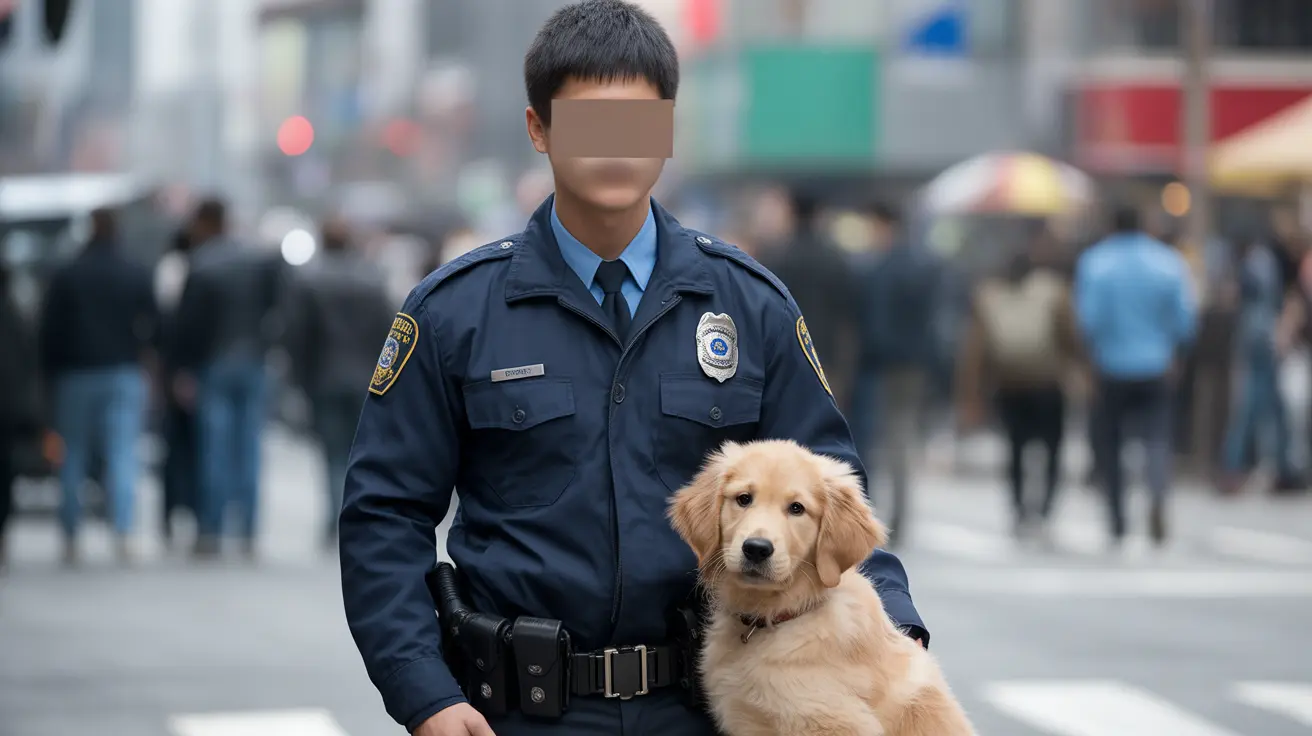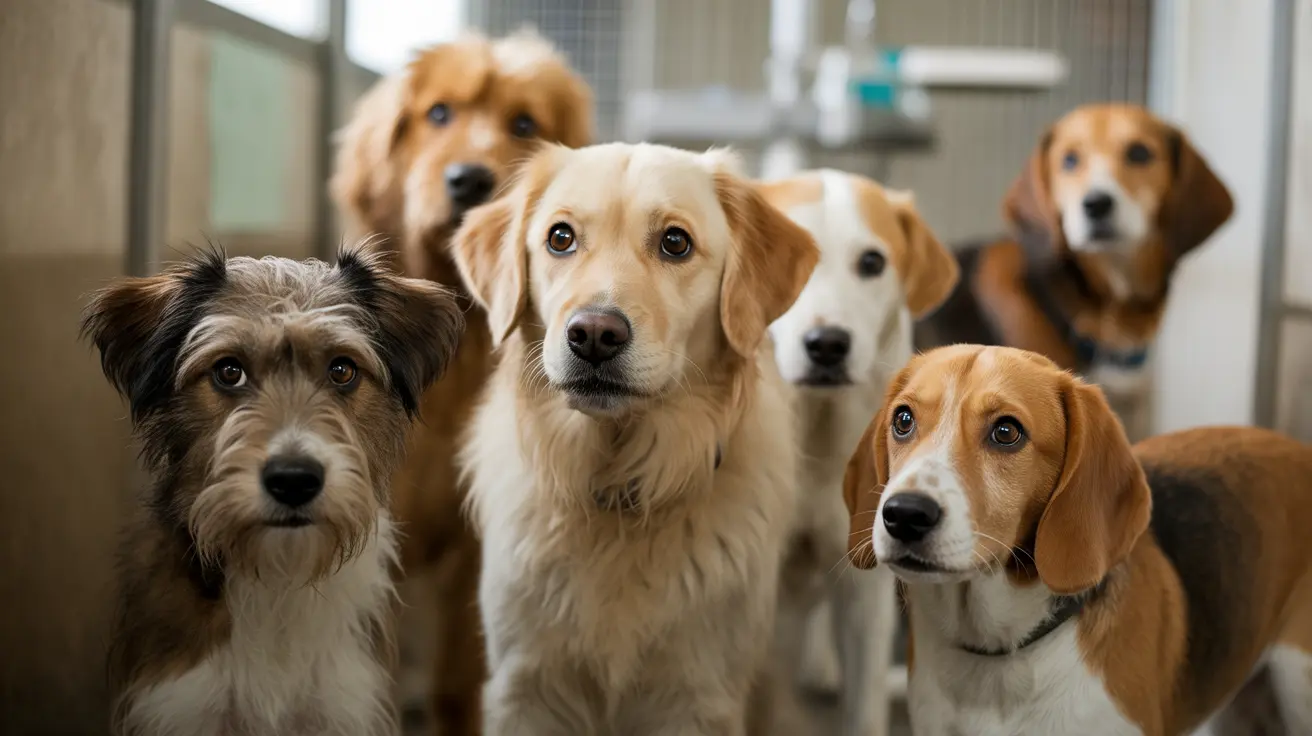Do Dogs Lick You When They Love You?
Many dog owners have experienced their furry companions showering them with affectionate licks. But what does this behavior actually mean? Understanding why dogs lick can reveal important insights into your pet’s emotional state, communication habits, and social bonding instincts.
The Science Behind Dog Licking
Dog licking is a multi-purpose behavior that goes beyond a simple show of love. In the canine world, licking serves as a crucial tool for communication and social interaction. Puppies lick their mothers and littermates as part of innate bonding behaviors. Adult dogs continue this practice with both humans and other dogs.
Licking activates the release of pleasurable endorphins in a dog's brain, creating a calming effect and forming positive associations. When your dog licks you, it may be doing so because it genuinely enjoys the experience and feels closer to you emotionally.
Why Dogs Lick Their Humans
- Affection: One of the most common reasons dogs lick is to show love and fondness for their owners.
- Attention-seeking: Dogs often learn that licking earns them pets, laughs, or verbal attention.
- Grooming instinct: In wild packs, dogs groom each other to reinforce social bonds. Your dog may be doing the same with you.
- Salty skin: Human skin can taste salty or slightly interesting due to sweat, which some dogs enjoy.
- Communication: Dogs may lick as a sign of submission or as part of a greeting ritual.
When Licking Signals Love
Here are signs that your dog's licking is truly affectionate:
- Accompanied by relaxed body language such as wagging tails and soft eyes.
- Focused on face, hands, or other exposed areas with warmth and familiarity.
- Occurs during bonding moments like cuddling or playtime.
- Not associated with anxiety, obsessive behavior, or stress.
When It Might Be Something Else
Although dog licking is often harmless, it can sometimes be a signal of other needs or concerns. Consider the context in which your dog is licking:
- Anxiety: Excessive licking, especially of themselves, might indicate stress.
- Medical needs: If your dog obsessively licks certain spots, it might be reacting to an underlying health issue.
- Boredom: Some dogs develop licking behavior out of idle routine or lack of mental stimulation.
Should You Allow It?
Whether or not you allow your dog to lick you is a personal choice. Some owners enjoy the kisses, while others prefer to discourage it. It’s generally safe, but consider basic hygiene—especially avoiding contact with broken skin, wounds, or mucous membranes.
How to Manage Dog Licking
If you want to curb excessive licking, try the following:
- Redirection: Offer toys or engage in play when licking begins.
- Ignore attention-seeking: Avoid reinforcing the behavior with rewards.
- Training commands: Teach a cue like “no lick” or guide them into alternative behaviors.
- Provide stimulation: Increase playtime, physical activity, and interactive toys.
Conclusion: A Loving Behavior With Limits
In most cases, a dog licking you is a heartfelt expression of love and trust. It’s how your pet says “You are my pack.” While it’s important to stay alert to behavioral changes, allowing a few moist kisses can be a beautiful element of pet companionship. Pay attention to the context and your dog's overall demeanor, and enjoy these bonding moments that strengthen your relationship.





